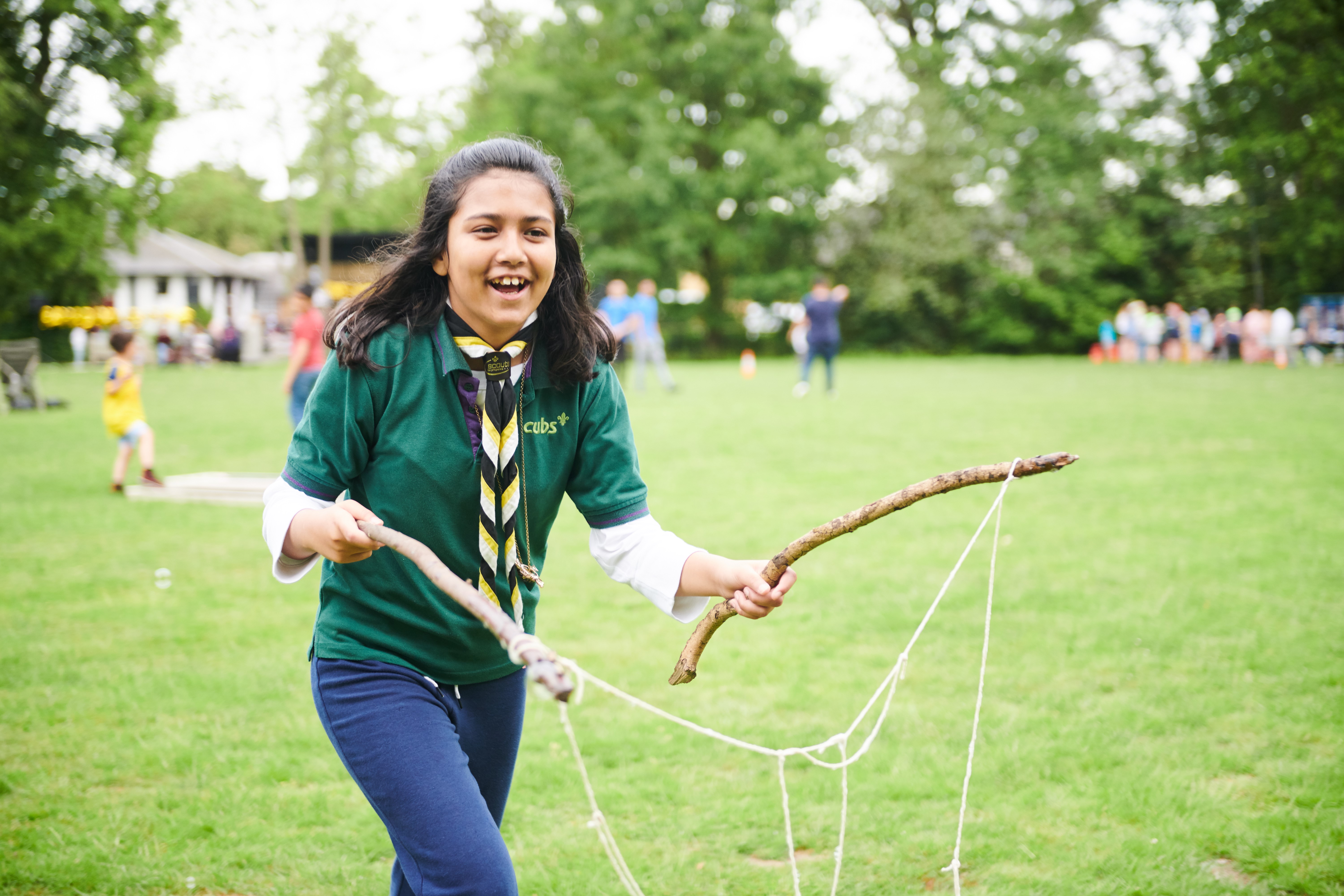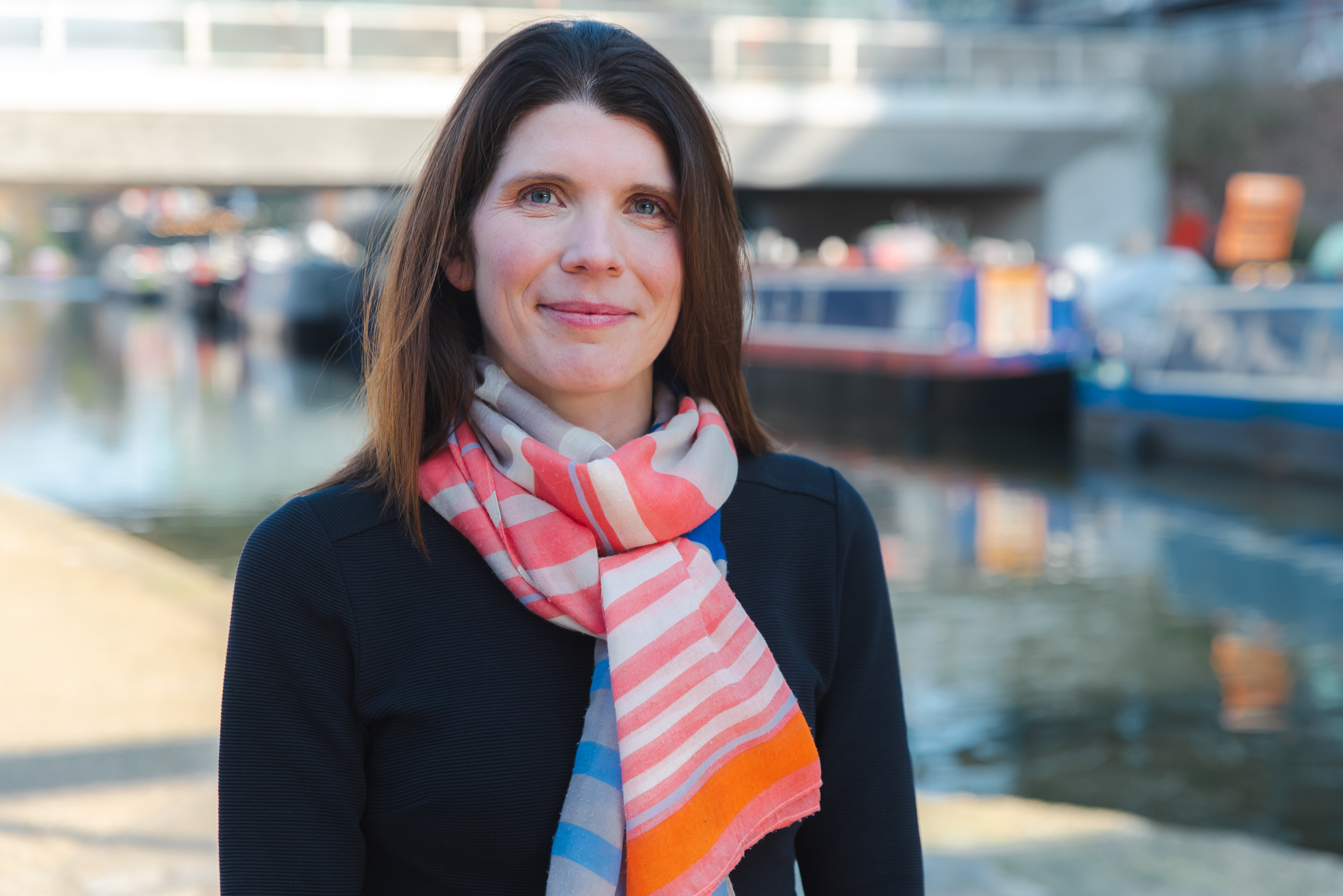Sarah Vibert, CEO of umbrella body NCVO discusses how organisations can create a more inclusive volunteering experience.
__________________________________________________________________
In November last year we published our latest Time Well Spent report, which focused on better understanding the experiences and perspectives of volunteers and non-volunteers from the global majority.
We know that, in general, satisfaction among volunteers has fallen in recent years, and this new edition of the research has highlighted that volunteers from the global majority feel even less satisfied, more excluded and less likely to continue volunteering compared to volunteers overall.
In the journey of volunteering, it’s crucial we don’t just focus on getting volunteers on board, it’s vital we ensure people who give up their time get quality experiences too. Understanding what motivates people to volunteer, so we can better understand how to create volunteering opportunities, is at the heart of our Time Well Spent research programme.
We know that leaders across the sector want to improve the experience for global majority volunteers, but a previous lack of evidence and understanding means organisations often don’t know where to start.
Our latest insights aim to fill that gap in evidence so that leaders are empowered to make decisions which will make improve volunteering’s offer so that it fits the needs and wants of people from the global majority.
From the data we’ve developed practical ways that senior leaders can foster a more inclusive volunteering landscape:
1. Ensure equity, diversity and inclusion is embedded in your volunteer strategy.
As leaders, it’s essential we ensure equity, diversity, and inclusion (EDI) aren’t afterthoughts but are integral building blocks of a volunteer strategy.
This starts with reviewing your volunteering strategy to ensure it incorporates EDI best practice and focuses on increasing accessibility and dismantling barriers.
The Vision for Volunteering provides valuable resources to help guide your organisation. The themes relating to equity and inclusion in volunteering and power in volunteering provide valuable insights, which can help to continue exploring what these can mean for your organisation.
2. Foster a respectful and inclusive organisational culture.
Our research shows that trust and respect are particularly important for global majority volunteers, and that they are twice as likely to feel excluded as volunteers overall. As senior leaders, we are responsible for enabling respectful and inclusive organisational cultures to thrive.
It’s integral that everyone in the organisation – from senior management and the board of trustees, to volunteer managers and volunteers – is involved in culture change work – and it’s not just left to one team or individual.
It’s key that training, processes, and mechanisms for feedback are robust and there is no one single point of failure. By developing an in-depth volunteering training programme which all volunteers and those working with volunteers undergo, we can support people to understand equity, diversity and inclusion and how the Equality Act relates to their role.
3. Focus on creating good quality experiences for volunteers across the whole volunteer journey
Good quality volunteer experiences are what encourage people to continue volunteering, and to come back to it if they need to pause because of life circumstances.
Providing good quality experiences can start with small actions. Our research highlights that global majority volunteers value recognition of their efforts more than volunteers overall, but are less likely to feel appreciated. The easily forgotten task of thanking our volunteers can make a huge difference. Volunteers’ Week is a brilliant time to thank volunteers for their efforts and show the impact they make – but you can build time in to show appreciation throughout the year.
It’s also important to learn from our volunteers who leave by taking steps to end the volunteering experience positively, and getting their feedback, ideally through a final discussion or exit interview. Our ending volunteering checklist can help with this.
4. Champion flexibility to create equitable and engaging volunteer opportunities.
Our research highlights that global majority non-volunteers are more likely to have looked into volunteering than volunteers overall.
We can harness this opportunity by looking at what would encourage them to volunteer.
As well as flexible opportunities, it’s key to ensure that entry processes aren’t too onerous and adverts for volunteer roles are inclusive. Using concise and accessible language can help ensure potential volunteers aren’t put off at these initial stages.
Promoting opportunities is a key first step – campaigns like the Big Help Out can help with this where you can register your volunteer opportunities on the Do It platform and spread the word on your volunteering offer. But the opportunities need to appeal to potential volunteers. Flexibility is a key enabler to getting volunteers on board and shows volunteers that you’re accessible and inclusive. As senior leaders, we can ensure that flexible volunteering opportunities are on offer – and we’re modelling that flexibility throughout the organisation. Our Time to Flex report looks at ways you can embrace flexible working in your organisation.
You can also look to offer a range of volunteer roles, including leadership or representative opportunities, such as trustee positions – making sure they are open to all, including younger volunteers. Young Trustees Movement has advice and resources to help with this.
5. Commit to ongoing learning, curiosity and willingness to try new things
What can often hold people back from engaging fully in creating the most inclusive volunteer experience is not knowing where to begin, and a discomfort to engage in a topic we might not already have all the answers to.
What we can do as senior leaders is embrace the discomfort of not being an expert – and use this as an opportunity to expand our networks and collaborate.
Engaging or partnering with other organisations with relevant expertise, knowledge or lived experience can help build cultural knowledge and awareness within your own organisation and create richer experiences for the people who volunteer their time.
___________
Fostering diversity and inclusion in volunteering isn't just a responsibility—it's an opportunity to create meaningful change and build stronger, more resilient communities.
At NCVO, we want to support our members and the wider sector in these efforts. We’ve just updated our volunteering guidance to reflect our latest research findings on volunteering from the global majority, which can help organisations improve their volunteer offering.
As senior leaders let's lead by example, work to eradicate barriers and champion inclusivity at every turn to pave the way for a more diverse and equitable volunteering landscape for everyone.
Latest News
-
Tributes paid to 'tenacious campaigner' who co-founded Terrence Higgins Trust
-
Man who set up fake animal charity jailed for five years
-
X-odus sparks video content boom among charities, report finds
-
Charity handed £25m endowment from autistic philanthropist to help others on the spectrum
-
Civil Society Covenant blighted by delays and U-turns, report warns
-
More than 30 jobs at risk as hospice charity looks to close home care service
Charity Times video Q&A: In conversation with Hilda Hayo, CEO of Dementia UK
Charity Times editor, Lauren Weymouth, is joined by Dementia UK CEO, Hilda Hayo to discuss why the charity receives such high workplace satisfaction results, what a positive working culture looks like and the importance of lived experience among staff. The pair talk about challenges facing the charity, the impact felt by the pandemic and how it's striving to overcome obstacles and continue to be a highly impactful organisation for anybody affected by dementia.
Charity Times Awards 2023
Mitigating risk and reducing claims

The cost-of-living crisis is impacting charities in a number of ways, including the risks they take. Endsleigh Insurance’s* senior risk management consultant Scott Crichton joins Charity Times to discuss the ramifications of prioritising certain types of risk over others, the financial implications risk can have if not managed properly, and tips for charities to help manage those risks.
* Coming soon… Howden, the new name for Endsleigh.
* Coming soon… Howden, the new name for Endsleigh.
Better Society

© 2021 Perspective Publishing Privacy & Cookies














Recent Stories